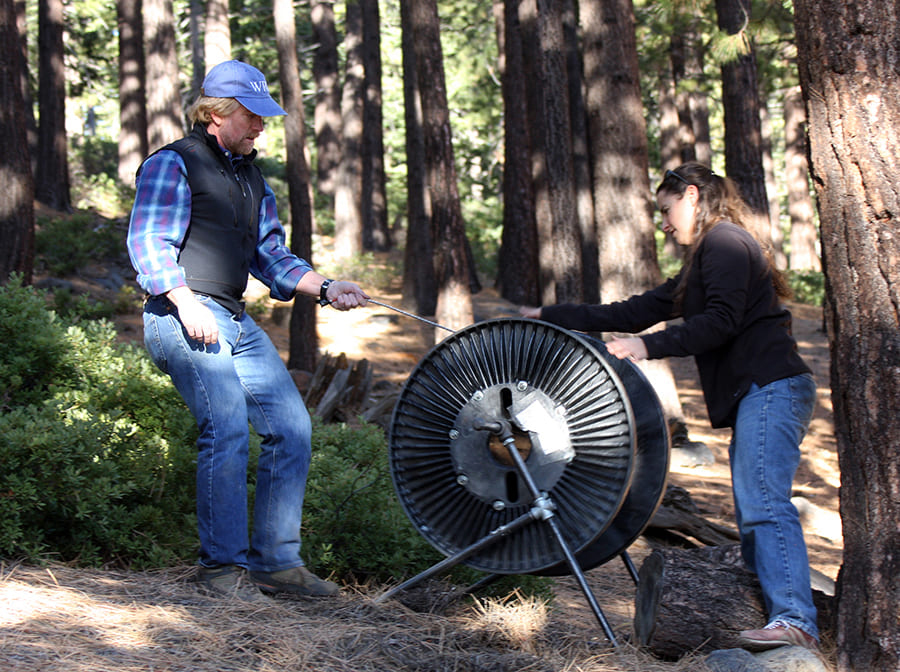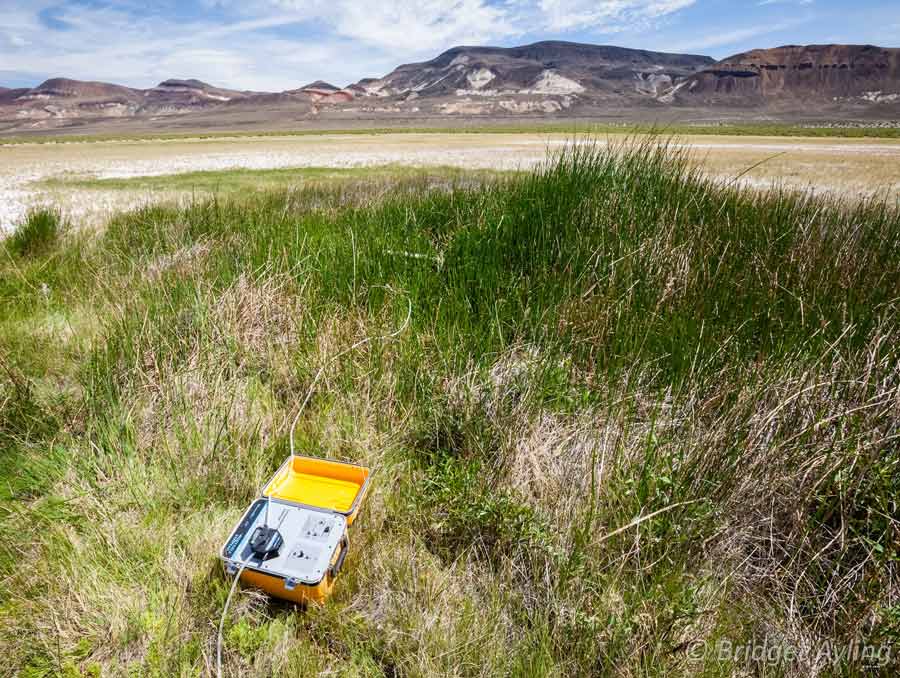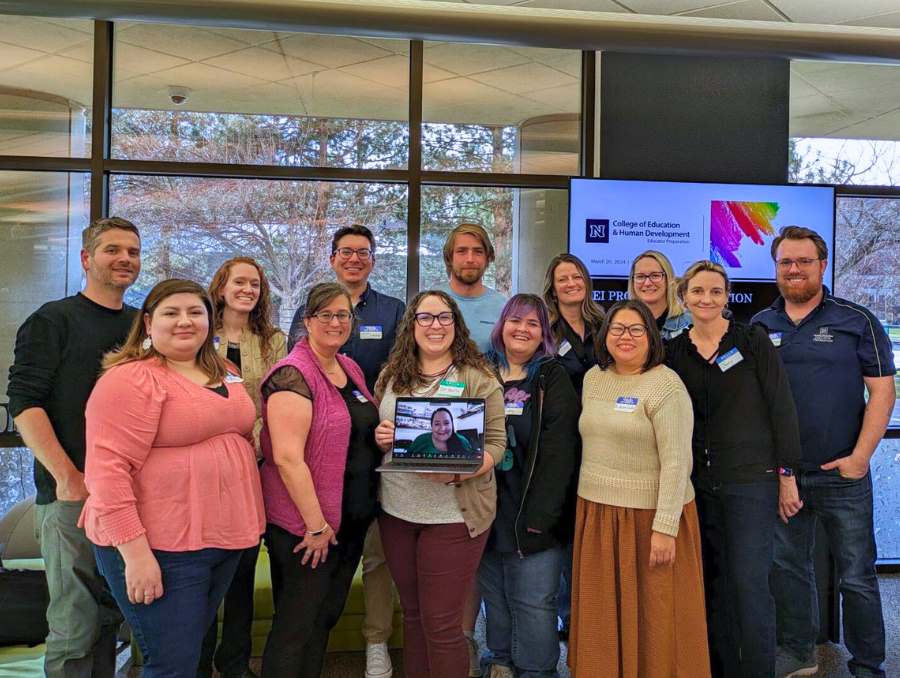Professor and hydrologist Scott Tyler has been appointed to a select National Academy of Sciences panel to help chart future directions of hydrological research and funding for the United States, an especially important task in the arid West as Nevada faces the impacts of climate change.
As a member of the panel, Tyler brings his expertise in desert hydrology, groundwater and hydraulic instrumentation to the team.
“This is a very exciting and critical time for the field of hydrology, as we must design our water supplies, dams and agriculture to cope with the changing climate,” he said. “Many of our water systems in the West were designed based on weather data from the 19th and early 20th century, a time of relatively wet years.”
The 14-member panel of nationally and internationally recognized experts will examine and identify new opportunities for scientific research in hydrology for better understanding of the water cycle to improve water resource management and environmental engineering across the country. The panel, convened by the National Science Foundation, is entitled “Challenges and Opportunities in the Hydrologic Sciences.”
The NSF has funded the endeavor, with a goal of targeting new research directions that utilize the capabilities of new technologies.
“The direction of hydrological research and new technologies will be important in the 21st century, especially in Nevada,” said Tyler. “For the future, our drinking water and irrigation systems must be capable of handling both larger floods, as well as longer and deeper droughts. For example, if we think of the snowpack of the Sierra Nevada’s to be our “water tower” and reservoir, we now know that the snows are melting much sooner in the spring than in the past, and we don’t have the downstream storage capacity to hold this water until it is needed in the summer. Predicting the magnitude of these changes in water supply and timing is where the future of hydrology will be.”
Tyler is a professor of geological sciences and engineering in the College of Science’s Mackay School of Earth Sciences and Engineering and an adjunct faculty member in Civil and Environmental Engineering. He also participates in the University’s Interdisciplinary Graduate Program of Hydrologic Sciences, one of the top programs of its kind in the nation, and conducts research and programs around the world.
The NAS panel will be meeting over the next 2 years to formulate the strategic focus of the NSF and its interactions with agencies responsible for water and climate forecasting, such as the National River Forecast Centers, as well as research agencies such as NASA and its Earth-observing satellites.
Other members of the panel include: George M. Hornberger, Vanderbilt University; Emily S. Bernhardt, Duke University; William E. Dietrich, University of California, Berkeley; Dara Entekhabi, Massachusetts Institute of Technology; Graham E. Fogg, University of California, Davis; Efi Foufoula-Georgiou, University of Minnesota, Minneapolis; W. Berry Lyons, The Ohio State University; Kenneth W. Potter, University of Wisconsin-Madison; Henry J. Vaux, Jr., University of California, Berkeley; Claire Welty, University of Maryland Baltimore County; Connie A. Woodhouse, University of Arizona; and Chunmiao Zheng, University of Alabama.














